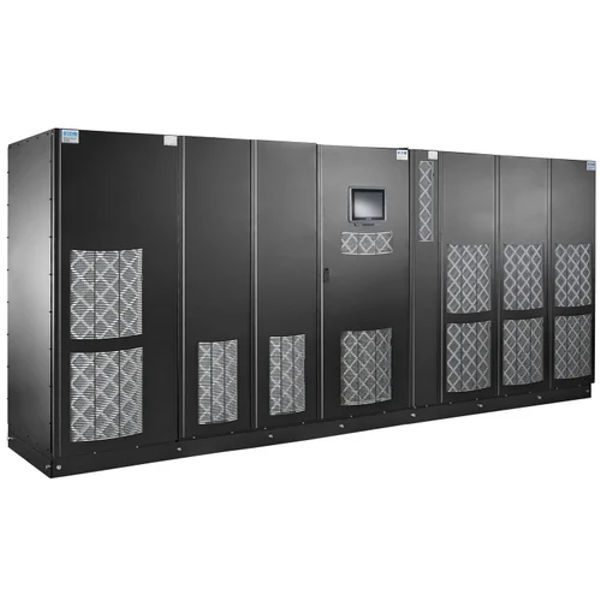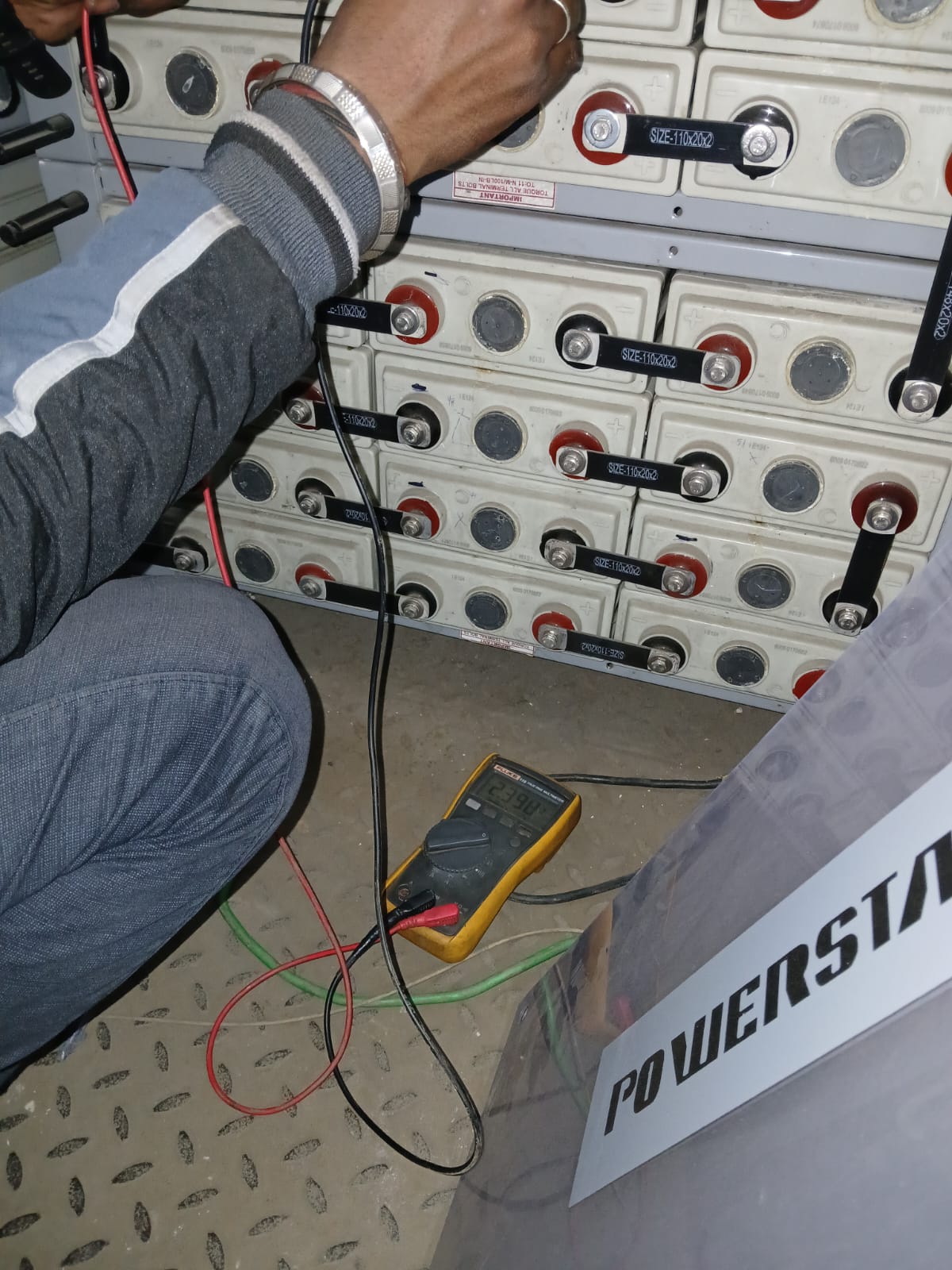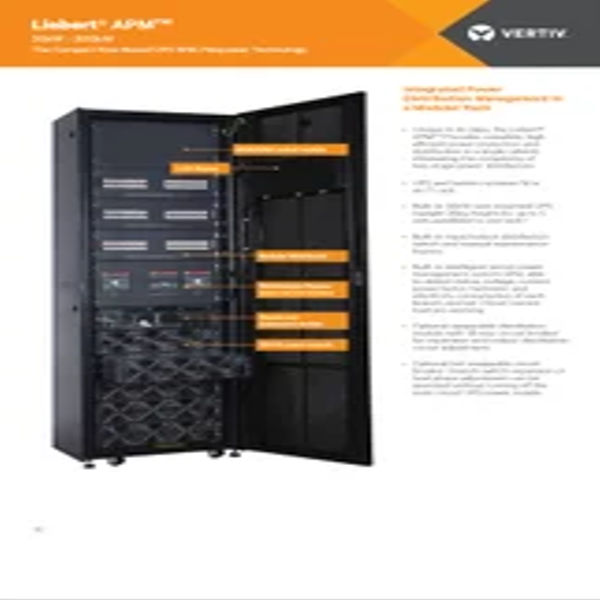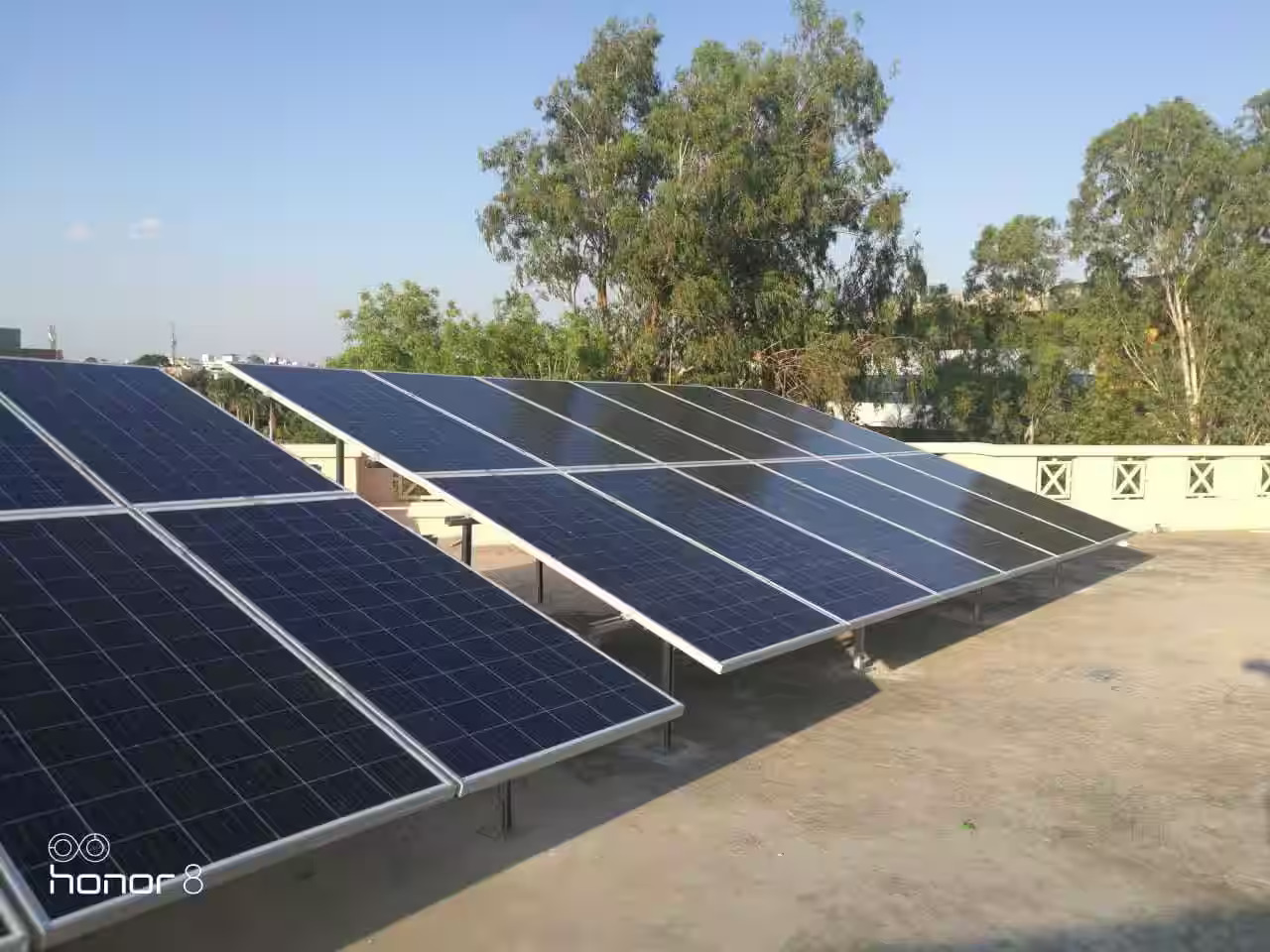The Eaton 9395P UPS is a high-performance uninterruptible power supply designed for critical applications. It features a three-phase online design with power ratings ranging from 250 to 1200 kVA, utilizing advanced technology for high efficiency and scalability. Key Specifications Power Ratings: 250-1200 kVA Input Voltage: Typically 480V, with options for 400V or 600V Efficiency: High double conversion efficiency with reduced energy losses Battery Types: Supports VRLA, AGM, and wet cell batteries Overload Capacity: 110% for 10 minutes, 125% for 2 minutes, 150% for 15 seconds Display: 7” or 10” touchscreen for monitoring and control Features Modular Design: Allows for easy scalability and maintenance. Advanced Monitoring: Provides real-time data and alerts for optimal performance. Compact Footprint: Designed to maximize power density in limited spaces. Applications Ideal for data centers, telecommunications, and industrial environments where reliable power is critical. For more detailed specifications, you can refer to the official Eaton documentation. ### Additional Features Energy Saver System (ESS): Achieves up to 99% efficiency, significantly reducing operational costs. Three-Level Converter Design: Reduces stress on components, extending their lifespan and reliability. Heat Reduction: Produces 33% less heat, leading to lower HVAC costs. Increased Power Density: Offers up to 20% more power in the same footprint compared to previous models. Redundancy: Modular design ensures inherent redundancy, preventing dropped loads. Battery Information Battery System: External battery systems are used, with options for lead-acid or lithium batteries. Batteries Included: Typically, batteries are not included and must be purchased separately. Lead Time Availability: Estimated lead time for delivery is 20+ weeks, depending on configuration and order specifics. Target Markets Enterprise Data Centers: Provides robust power protection for critical IT infrastructure. Colocation Facilities: Supports multiple clients with varying power needs. Server Farms and Telecommunications: Ensures uptime for essential services and applications. Healthcare and Financial Systems: Protects sensitive equipment and data from power interruptions. Conclusion The Eaton 9395P UPS is engineered for high efficiency and reliability, making it an excellent choice for organizations that require uninterrupted power supply. Its modular design, advanced features, and scalability cater to a wide range of applications, ensuring that critical systems remain operational during power disturbances. For further details, consult the official Eaton website or authorized distributors.
Send Message







